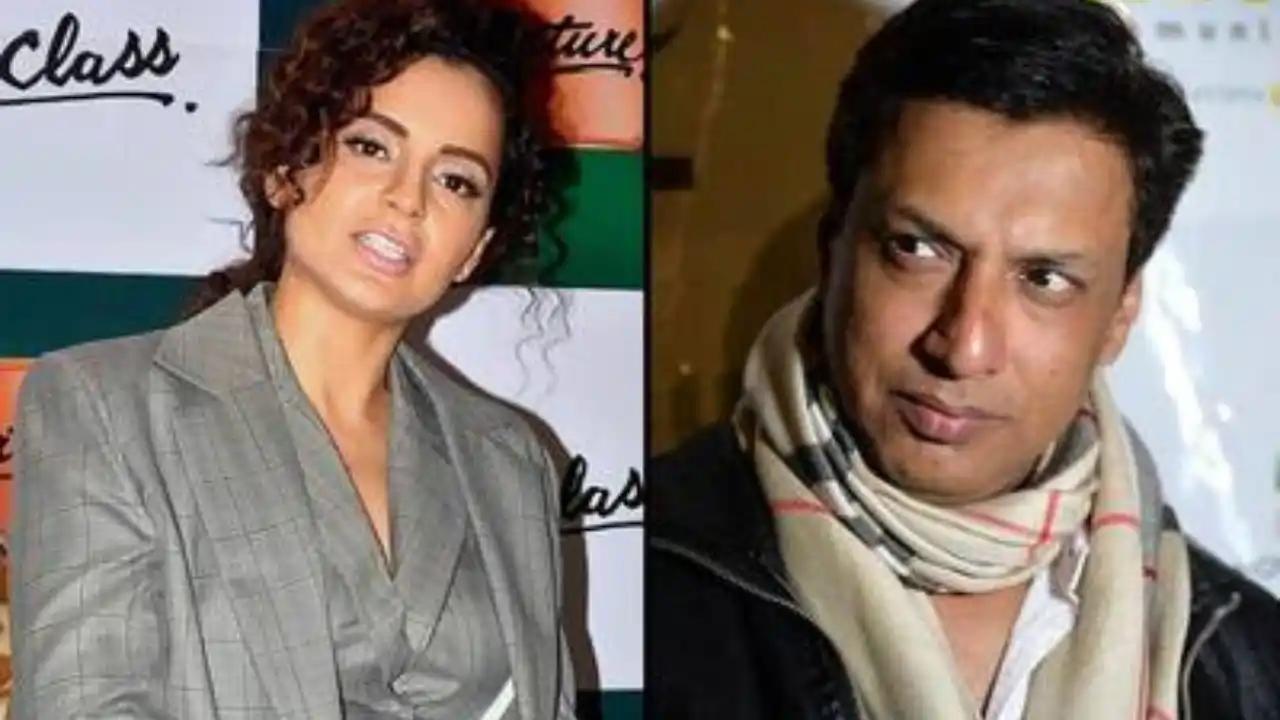
I knew nobody could beat me in the last lap: Mo Farah
3 months ago | 5 Views
Mumbai: The soft chatter within the conference room subsided as the large screen illuminated. A video showcased the remarkable achievements of Mo Farah in athletics. It highlighted his two gold medals in the men’s 10,000 m and 5,000 m events at the 2012 London Olympics, as well as his triumphant defense of those titles in Rio four years later, where he celebrated with his iconic Mobot pose.
A few minutes later, Farah took to the stage and reminisced about a pivotal moment when he first became captivated by the sport while watching a television broadcast. This moment ultimately guided him toward becoming one of the most distinguished runners in athletics history.
“It was during the Sydney Olympics in 2000, when the 10,000m final came down to a thrilling finish between Haile Gebrselassie and Paul Tergat,” Farah recalled, serving as the event ambassador for this year’s Tata Mumbai Marathon. “I thought to myself, ‘wow, I want to become an Olympic champion.’ That became my driving ambition from that point onward.”
In addition to his four Olympic victories, Farah has secured six World Championship gold medals. However, beneath the shine of his accolades lies a story of adversity.
Born in Somalia, he lost his father to civil war at the age of four. By the time he reached nine, he was sent to England as a victim of child trafficking.
“I faced significant challenges,” he admitted. “Not knowing a word of English, running became my refuge. It provided me with joy and allowed me to experience childhood. I joined a running club, which helped me forge friendships and find happiness. I had the talent, but I was also given the opportunity to laugh.”
Farah was compelled to work as a domestic helper and remained neglected until his athletic prowess was recognized by his physical education teacher, Alan Watkinson. This pivotal encounter with Watkinson significantly altered the trajectory of Farah's life.
Reflecting on his childhood, Farah stated, “I was neglected as a child, a very disruptive kid because I didn’t know how to communicate with people. If I didn’t have (Watkinson) in my life, it would be very hard to see myself become successful, or even be able to survive.”
Watkinson assumed the role of a father figure for Farah, guiding him towards a more purposeful existence. After being illegally trafficked into Great Britain, Farah emerged as the most accomplished male distance runner in track history.
By the early 2010s, his supremacy in the 5,000 and 10,000-meter events was such that he was nearly invincible. He secured ten consecutive major victories, beginning with a gold medal in the 5,000 meters at the 2011 World Championships in Daegu, South Korea, and culminating with a 10,000-meter gold at the 2017 World Championships in London.
Farah emphasized that achieving such dominance required extensive training and meticulous planning.
“You need to do your research about each race – what were the timings, how do you run the last (kilometre), but also build yourself better than anyone else,” he explained.
He expressed confidence in his abilities, stating, “I knew that at any point, when it came to the last lap, nobody could have (beat) me. That’s what I worked in during training. I always told myself that I have that little extra left (towards the end). I was confident about that.”
Among all his accolades, Farah regards his first Olympic gold medal as his most significant accomplishment.
“The first gold was the most important thing because that’s what you’re trying to achieve as an athlete. And to do it, I get to say ‘I am the Olympic champion,’” he remarked.
However, his dual victories at the London Olympics altered the perception of him as a competitor.
“I had a target on my back in each race,” he noted.
Athletes aspired to surpass Mo Farah in every competition. However, when faced with a competitor determined to outpace you, one approaches each event as if it were their final opportunity, never taking it for granted. This mindset is what elevates one above the competition.
Throughout the entirety of his track career, he consistently maintained his superiority. In his second-to-last race, his impressive streak of ten major gold medals came to an end when Muktar Edris from Ethiopia claimed victory in the men’s 5,000m event at the 2017 World Championships.
Merely two weeks later, he encountered Edris once more at the 2017 Diamond League Final.
“Following the World Championships, I felt exhausted and took a full ten days to rest. However, in the Diamond League Final, I poured all my effort into it. I recognized that it was my final race,” he remarked.
He noted that his passion for racing had waned, prompting him to seek a new avenue to reignite his enthusiasm for athletics. He discovered this in the marathon, which proved to be a challenging endeavor.
Despite successfully winning the Chicago Marathon in 2018 and establishing a new European record, he faced difficulties in the long-distance road race.
Nevertheless, this is not how Farah’s legacy will be defined. From being a neglected child who was illegally brought into a new country, he evolved into one of the most distinguished runners in the history of the sport.
Read Also: National Games: AFI’s race walking snub jolts hosts Uttarakhand
"Get the latest Bollywood entertainment news, trending celebrity news, latest celebrity news, new movie reviews, latest entertainment news, latest Bollywood news, and Bollywood celebrity fashion & style updates!"
HOW DID YOU LIKE THIS ARTICLE? CHOOSE YOUR EMOTICON !





















